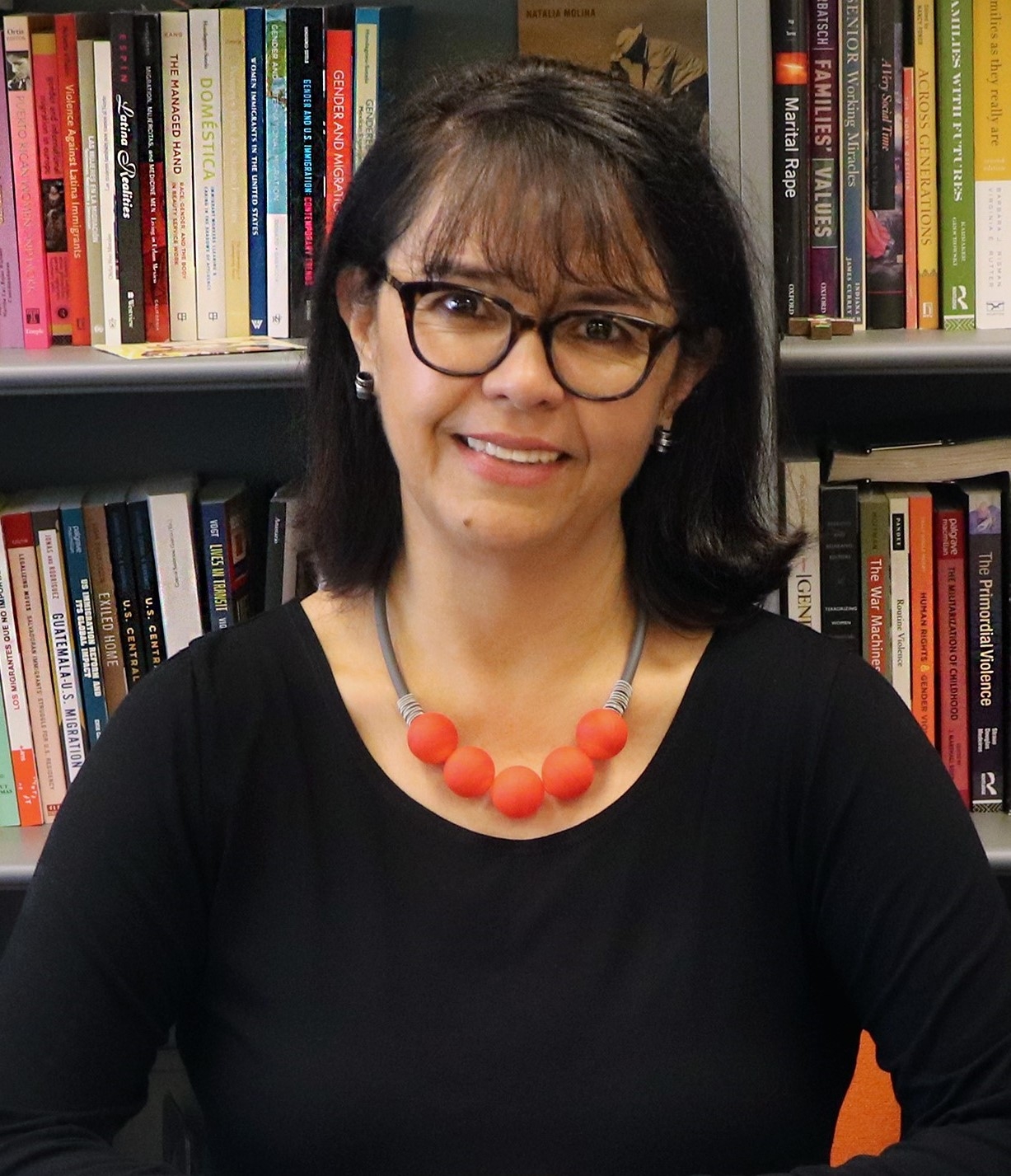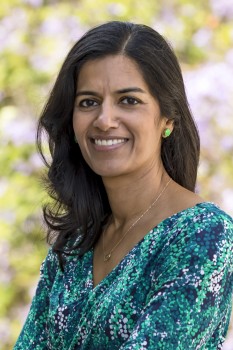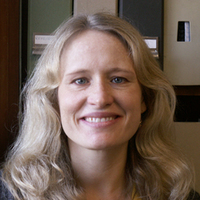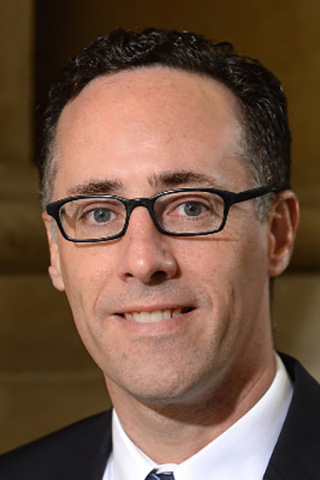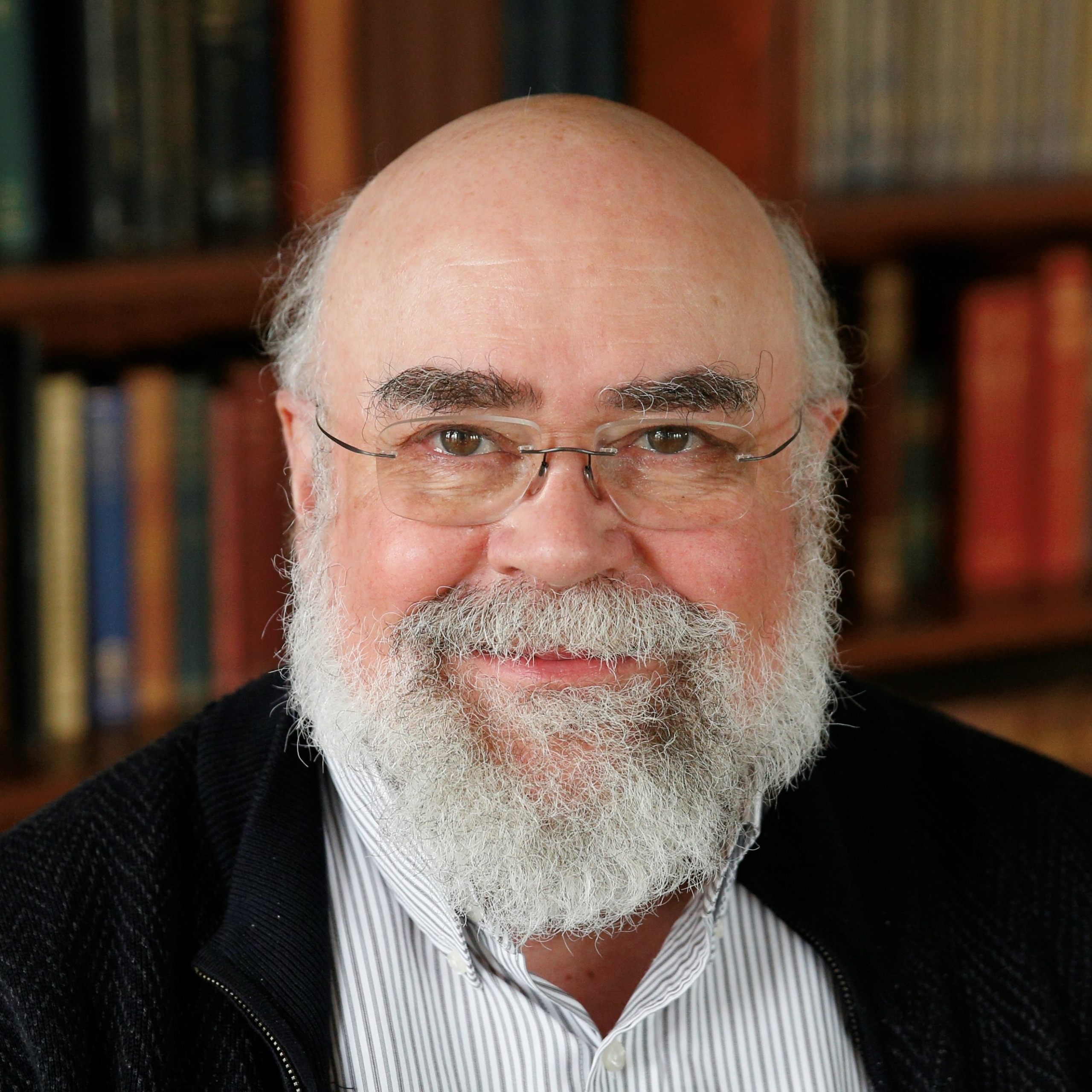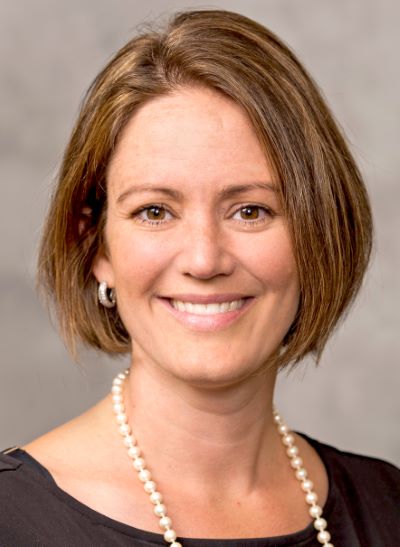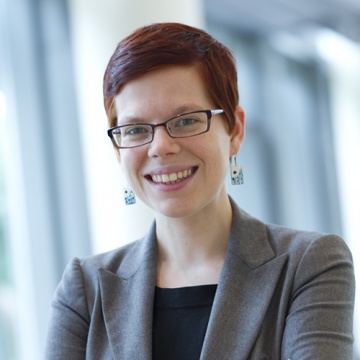
“Voting after Shelby: Did pre-clearance matter?” Ariel White, Massachusetts Institute of Technology
Voting after Shelby: Did pre-clearance matter?
Ariel White, Massachusetts Institute of Technology
Abstract: Nearly five decades after the passage of the Voting Rights Act, the law was dramatically changed by the Supreme Court’s decision in Shelby County v. Holder. The court effectively removed the “preclearance” process that had required places with a history of racial discrimination to get Justice Department approval before changing their voting procedures. Dissenting justices and voting-rights advocates feared that this decision could lead to massive changes to election administration and ultimately to lower rates of voter participation in minority communities. In this paper, we evaluate the impact of this decision on election practices and on Black and Hispanic voter registration and turnout. We use a combination of administrative data on registration and voting, survey data on mobilization and local election administration, and state legislative records to examine different facets of the voting rights landscape after the Court's decision.
Bio: Prof. White research focuses on voting and voting rights, race, the criminal justice system, and bureaucratic behavior. Prof. White's work uses large datasets to measure individual-level experiences, and to shed light on people's everyday interactions with government.

